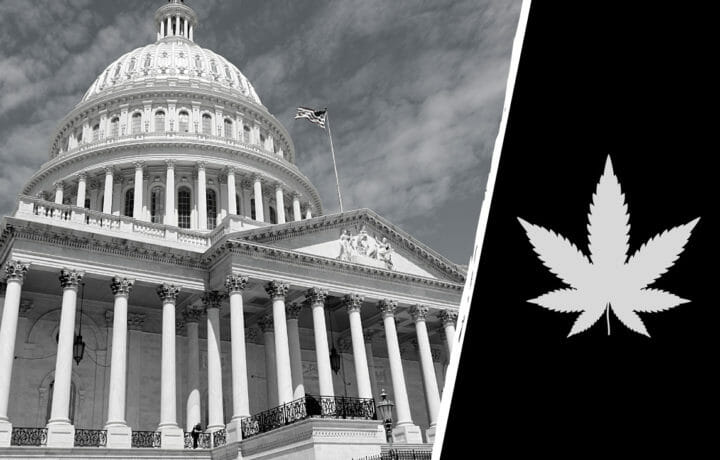Smokers and tokers take note, the Senate Intelligence Committee has (again) voted forward legislation that would prohibit the denial of a security clearance based on previous marijuana consumption. But the legislation still faces significant hurdles to any actual passage. The language was approved through the Senate Intelligence Academy as a part of the 2023 Intelligence Authorization Act. U.S. Senator Ron Wyden, D-Ore., highlighted the marijuana provisions on the authorization act.
“I applaud the committee for including my provisions, in particular an amendment ensuring that past cannabis use will not disqualify intelligence community applicants from serving their country,” Wyden stated. “It’s a common-sense change to ensure the IC can recruit the most capable people possible.”
It’s not the first time legislators have looked to open the door for applicants with past marijuana use to get through the system and get into a national security career. But thus far, any attempts by congress to move forward with the legalization of marijuana have stalled out before passage.
The Marijuana Opportunity Reinvestment and Expungement (MORE) Act of 2020 sought to decriminalize marijuana use, but it never could move past the House and make its way to getting signed. Getting the House, Senate and White House on the same page when it comes to marijuana has largely been a bridge too far.
Congressional Role in the Clearance Process
The security clearance adjudicative guidelines are born out of executive order, making the role of the legislative branch largely one of oversight, enforcement and prioritization. But when it comes to marijuana usage, a vote by the legislative branch to decriminalize marijuana would be a major step toward making marijuana issues a non-issue for security clearance applicants.
Right now, barriers to drug use in the security clearance process include the inclusion of marijuana on the list of Schedule I drugs, suitability guidelines which indicate periods of abstinence before a favorable onboarding with specific intelligence agencies, and the Bond Amendment – which prohibits the federal government from granting or renewing clearance eligibility for those using controlled substances or addicted to them. With the Bond Amendment on the books, many agencies continue to interpret abstinence of a period of 1-year in order to demonstrate the applicant is not addicted or a current user.
Like all marijuana legislation, the bill is being met with high hopes. But the path to implementation remains yet another hill to climb.

